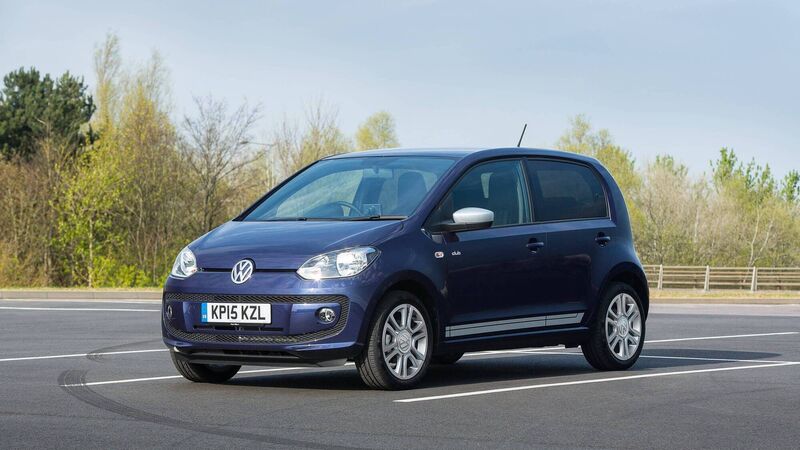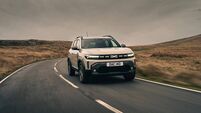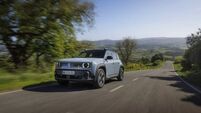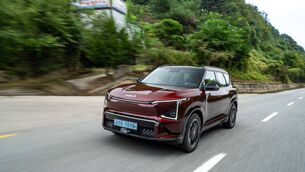Buying your first car? Essential checks, costs and tips for first-time drivers

Volkswagen Up! Pictures: PA
Getting your first car is always exciting. The prospect of getting out under your own steam for the first time is something that nearly all people look forward to, but actually purchasing your new vehicle can pose a couple of challenges.
Whether it’s maintenance, repairs or general running costs, there are a lot of things to factor in before you make a purchase. Let’s go through some of the key things to remember before buying your first car.






